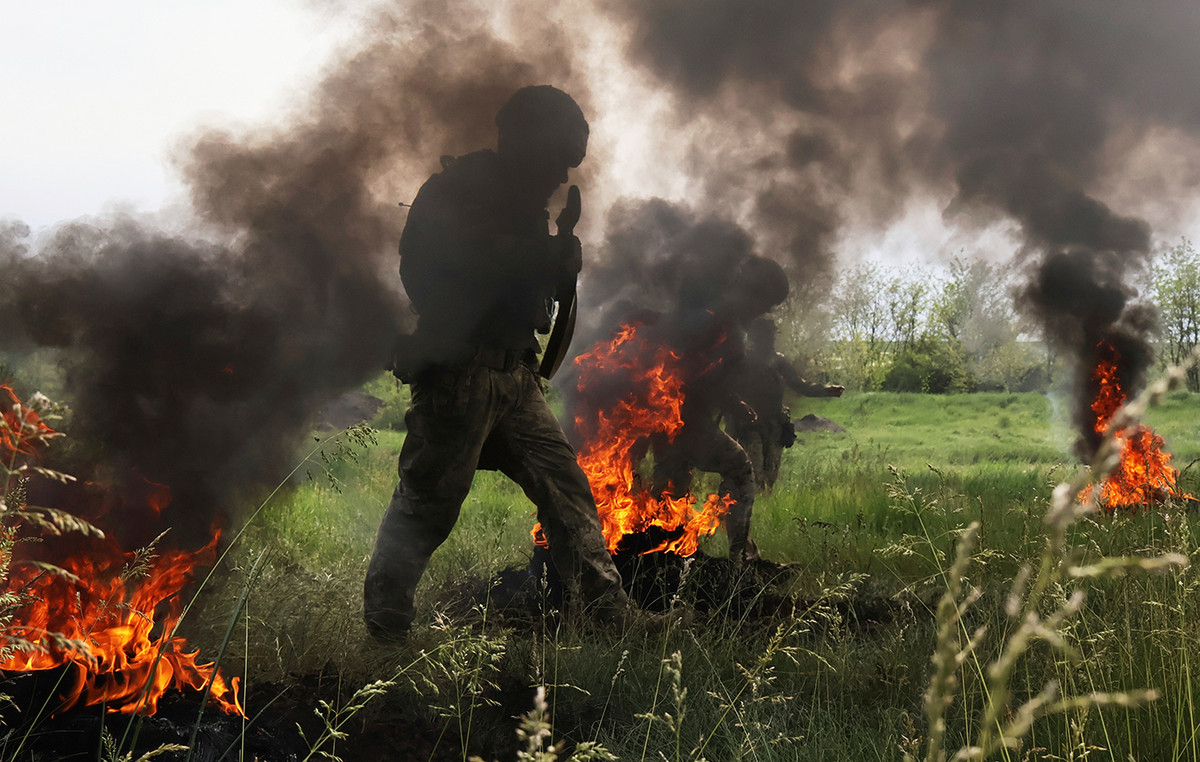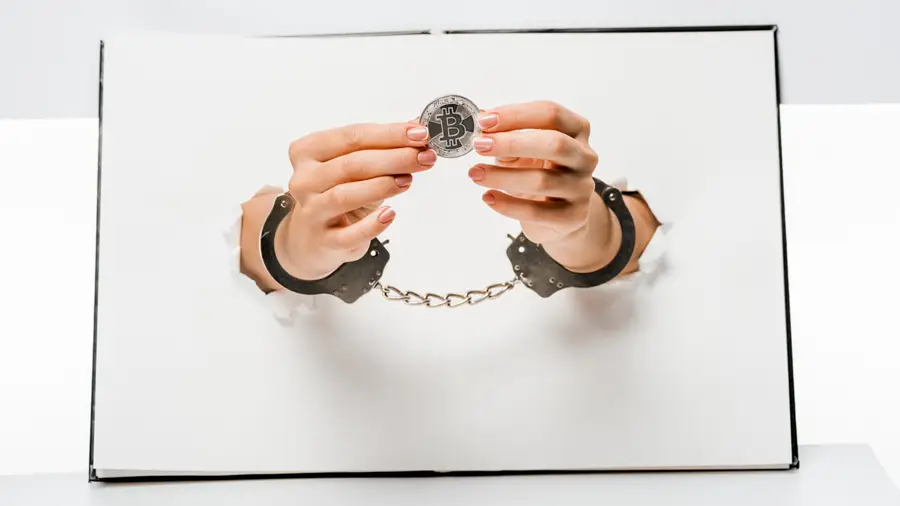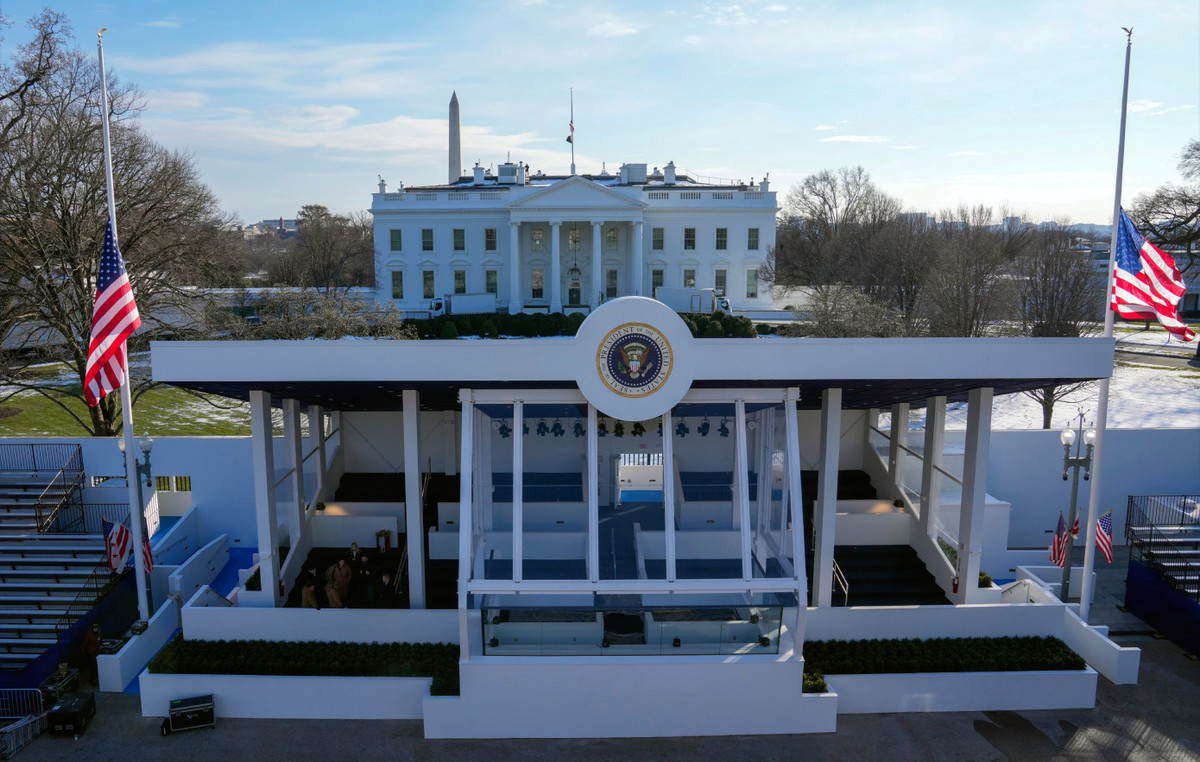On the banks of the Dnieper River, parents sunbathe on the beach while their children enjoy the cool, refreshing water.
A girl dances, twisting and turning in the sand as a street performer on the boardwalk beats his drum to the beat of a pop song.
With bars and cafes bustling with activity, the vibe is similar to many European summer tourist spots.
However, this would be a strange place to vacation. These are small portraits of life in the Ukrainian city of Zaporizhzhia, just 30 kilometers from the front lines of the war.
It’s a stark and disconcerting contrast to the scenes one witnessed on a visit to this city three months ago.
At that time, the invasion of Ukraine completed two months; most of the city’s businesses were closed and much of the population was fleeing.
Gone are the days when convoys of cars fled to western Ukraine, many with the “children” sign taped to their windows.
Instead, despite the proximity to the front lines and the ever-present threat of long-range artillery fire, life in this country can seem deceptively peaceful.
Five months after the start of the war, many Ukrainians are adopting a normal life. People still go to work, walk their dogs and play with their kids in the park.
“We got used to it. And it’s horrible that we’ve gotten used to it,” said ballerina Katryna Kalchenko as she prepared for a performance at the opera house in Odesa.
In this Black Sea port city, there is that shocking dissonance between the madness of war and the mundanity of everyday life.
Odesa was once known as the “Pearl of the Black Sea” of Ukraine, a popular vacation spot for poets, writers and musicians.
Even today, it retains much of its charm, though its tranquility is occasionally undermined by Russian attacks — such as the two Kalibr cruise missiles that hit the city just hours after Moscow signed a United Nations-brokered grain export deal with Kyiv. (UN).
Ballerina Kalchenko was forced to do her warm-up in the basement of the opera house, because an air raid siren had sent the entire orchestra and dance troupe running for shelter just half an hour before the performance.
Afterwards, Kalchenko and his fellow dancers emerged for the first act some time later with enough poise and serenity to leave the audience spellbound—until the threat of another Russian missile attack forced the show to end prematurely.
A victory of morals
It is as if, five months after the start of the conflict, many Ukrainians have accepted their new reality.
This is in part a reflection of trust in those who fight on their behalf.
Ukrainians are very proud of how their soldiers defeated the Russian blitzkrieg attempt — a war tactic consisting of quick, surprise attacks — in Kyiv, in the north of the country, in the spring.
Many now hope for more successes as their forces wage a war of attrition on the eastern and southern fronts, where they hope to reclaim cities and towns lost to Russian President Vladimir Putin’s armies.
It’s a fight that takes a heavy toll. An adviser to Ukrainian President Volodmyr Zelensky said that at one point the country was losing up to 200 soldiers a day.
It is clear, however, that among these brave defenders there is a strong will to put up with whatever it takes.
An example is Take Serhii Tamarin.
In March, he had just been released from a military hospital and was recovering from a back injury and broken ribs while commanding a Territorial Defense battalion of about 400 soldiers, fighting northwest of Kyiv.
“It’s not so scary to die, it’s a lot scarier to lose,” he said at the time. A few days after admission, he had returned to the front.
Now, he’s back in the hospital, this time for injuries sustained as a special forces operator fighting in the south.
Is there an English word, he asked, for when something explodes near your head?
A shell from a tank landed near the soldier, leaving him heavily bruised, and now he has trouble thinking straight, he explained.
But Tamarin insisted he was feeling well enough to get back into the fight.
“I think in a few days they should send me back to my platoon,” Tamarin said.
Challenge
Accepting Ukraine’s new reality is not just a matter of trusting men like Tamarin. It is taken as a challenge too.
Soldiers describe the war’s existence as an invasion ordered by a Russian president who questions Ukraine’s right to exist as an independent country.
“They came to capture our territory,” said Senior Lieutenant Andrii Pidlisnyi, who commands a company of about 100 men in the Mykolaiv region.
“To maybe kill my parents, destroy my house, live here and say it was historically Russian territory.”
Civilians often express their anger by using Russian rhetoric — which is “liberating” Ukrainians from their own democratically elected government — and throwing it back in the Kremlin’s face.
“Thank you for ‘saving’ me from my home, from my family, from my son who is in another country and who I miss every day”, joked Anastasia Bannikova, another dancer who was in the bomb shelter in the basement of the Odesa opera. .
Like so many others, in the early days of the war, Bannikova fled Ukraine. Now, she’s returned to work in Odesa — though she left her daughter in the relative safety of Moldova.
choosing life
Almost everyone you talk to in Ukraine has lost something due to the war. Many buried loved ones. Others have seen their businesses fail, their homes destroyed and futures upended.
How does a farmer plant next year’s crops or a high school student consider enrolling in university while this war rages on with no end in sight?
One answer found by many, in the midst of all the death and destruction, is that continuing to live as normal a life as possible is the greatest victory there is.
All Ukrainians interviewed accepted their difficulties with silent stoicism; they rarely complained or wallowed in victimization.
Sergei, a cargo ship captain who has not been able to go to sea since the Russian navy blocked Ukraine’s ports, said he was raised with stories of sacrifices his grandparents suffered during World War II.
“Now it’s our turn,” he said.
Source: CNN Brasil
I’m James Harper, a highly experienced and accomplished news writer for World Stock Market. I have been writing in the Politics section of the website for over five years, providing readers with up-to-date and insightful information about current events in politics. My work is widely read and respected by many industry professionals as well as laymen.







